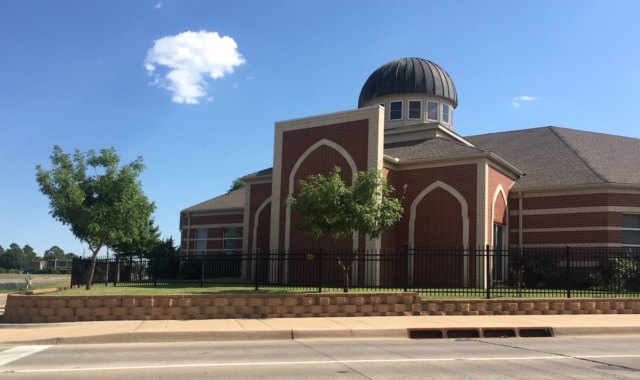

Saturday marked the first day of the Islamic holy month of Ramadan (raam-uh–dahn), for which many of the world’s 1.6 billion Muslims fast during the daylight hours. Below are some Ramadan fast facts to get you up to speed on the Muslim holiday season.
Ramadan overview
Ramadan commemorates the revelation of the Quran, or Islamic holy book, to prophet Mohammad. During the 29 to 30 days of this month, observant Muslims abstain from eating, drinking, smoking and having sex during the day. Many Muslims use the fasting of Ramadan as a tool to develop empathy for people less fortunate than themselves.
Shifting cycles
Ramadan is the ninth month of 12 on the Islamic calendar. Despite containing the same number of months, there are two important distinctions between the Islamic calendar and the traditional Georgian calendar with which we are most familiar. First, the Islamic calendar is based on lunar instead of solar cycles. Second, there are 354 or 355 days per year, as opposed to 365.
The result of these differences is that Ramadan does not occur during the same time from year to year.
Another effect of the shifting calendar is that the period of fasting (from dawn until dusk) varies slightly as days get longer or shorter. That can vary significantly from year to year. Summer months, with longer and hotter days (at least in the northern hemisphere), tend to be more challenging for fasting Muslims.
The break-fast club
The traditional time of breaking fast is known as Iftar, and it occurs at dusk, just prior to the evening prayer called Maghrib. Because the time of sunset is also a function of altitude, there are three official Iftar times at the Burj Khalifa, the world’s tallest building located in Dubai. For example, if the sea level Iftar time in Dubai is 8 p.m., tenants on the 80th floor and above break fast at 8:02 p.m., while those above the 150th floor break fast at 8:03 p.m.
In preparation for a day of fasting, Muslims eat a pre-dawn meal, known as Suhoor. Although I grew up eating mostly dinner foods for Suhoor, it seems breakfast foods are gaining some traction in the United States.
Not great for weight loss
Regardless of first- or fourth-meal classification of Suhoor or Iftar, many Muslims actually gain weight during the month of Ramadan.
This is the case because Ramadan is an analog of ‘the holidays’ in the west — an excuse to prepare and enjoy indulgent sugary or deep fried appetizers, entrees and desserts. Oh, the desserts.
These delicacies and the compounded ‘binge, fast, binge, fast’ cycles make Ramadan a difficult time to mind your waistline.
A time for service
Most Muslims view Ramadan as a time to help and develop empathy toward those less fortunate. More generally speaking, Ramadan is a time for service.
CAIR Oklahoma recently announced its Ramadan Day of Service in conjunction with the Regional Food Bank of Oklahoma to be held on June 17.
More information, including an employer’s guide to Ramadan, is available on the CAIR Oklahoma website.




















